Behind the Covid Curtain, Australia’s state and federal leaders tremble. Premiers try not to panic about solitary cases and missing links. Prime Minister Scott Morrison says he is not going to unlock Fortress Oz anytime soon because the pandemic is ‘more threatening’ than a year ago, and ‘racing’ at an unprecedented speed in India, Papua New Guinea and Indonesia.
A rampaging virus beyond our shores is convenient for Treasurer Josh Frydenberg who has to defend the federal government’s record trillion-dollar debt and deficit because he’s delivering a pandemic budget. But is it true?
The Covid mortality rate in India is currently 35 deaths per million people and the number of cases is starting to fall. Compare it to the UK which peaked at 253 deaths per million on January 29 or Hungary where the mortality rate peaked at 367 deaths per million on 13 April. Indonesia is still under 9 deaths per million and PNG is still less than 2 deaths per million. So, why the panic? Is it just a case of lies, damn lies and Covid statistics?
It is true that India has had an appalling increase in cases and deaths off a very low base but guess who – or WHO – is to blame? India’s success at keeping per capita mortality at one-tenth the rate of the US was largely due to early treatment and prophylaxis of 30 million people with hydroxychloroquine (HCQ) and ivermectin, mostly the poor and frontline workers, who gladly accepted the cheap generic drugs. By 6 February 2021, Covid deaths had fallen to 72 a day in a country of almost 1.4 billion people. But as India started vaccinating, Covid cases and deaths started to increase. Data from Public Health England shows that for the first two weeks after the first dose of vaccine, people are more likely to get Covid. This was exacerbated in India because of crowding in poorly ventilated vaccination centres.
There was also a disgraceful global effort to demonise ivermectin because of mounting acceptance of its efficacy. In South Africa, doctors took the health regulator to court to force it to legalise the drug. As soon as they did, deaths plummeted. Ivermectin was also adopted in a dozen other countries such as Mexico, the Czech Republic and Egypt with equally rapid results.
In response, on 4 February pharmaceutical giant Merck claimed there was no evidence of efficacy for ivermectin and a concerning lack of safety data. This is absurd. Merck donated ivermectin to more than 55 million people to eradicate river blindness and there have been fewer than 20 deaths associated with ivermectin in 30 years. Compare that with the Covid-19 vaccines which have had 4,657 deaths registered in six months. As for evidence of ivermectin’s efficacy as a treatment for Covid, there have been 93 studies conducted by 445 scientists on 17,730 patients. 53 studies were peer-reviewed and 55 published results comparing treatment and control groups. All 55 showed symptom relief and rapid reductions in mortality and hospitalisation.
What Merck didn’t mention was its multi-million dollar conflict of interest. It has already lost almost US$500 million on failed Covid vaccines and is hoping to win back that money and more on an oral antiviral for outpatients which would be a direct competitor to ivermectin albeit far more expensive.
Big Pharma rarely makes such a direct statement. Usually it gets Big Health to do its dirty work by corrupting regulators, agencies, medical journals, academics, and research institutions.
On 4 March the Journal of the American Medical Association published a shoddy article trying to discredit ivermectin. The doctors reported receiving grants and fees from Big Pharma companies directly competing with ivermectin through the production of therapeutics and vaccines including Merck, Janssen, Gilead Sciences, GlaxoSmithKline and Sanofi Pasteur.
On 5 March, the US Food and Drug Administration said it still hadn’t reviewed the ivermectin data but self-medicating with ivermectin intended for horses could be harmful!
The Australian Department of Health hasn’t bothered to update its advice on ivermectin since 23 February claiming there is insufficient evidence. Yet it approved Gilead Sciences hugely expensive dud Covid drug remdesivir with only a fraction of the data. This drug has since been completely discredited by a large UN Solidarity trial and the WHO has recommended against it but it is still used in Australian hospitals.
On 22 March, the European Medicines Agency warned against the use of ivermectin outside clinical trials and on 31 March the WHO repeated the EMA warning, claiming the evidence on ivermectin was inconclusive. The catastrophic result of this campaign was that many doctors in India abandoned ivermectin and HCQ and cases and deaths spiralled vertiginously.
The publication of a peer-reviewed article in the American Journal of Therapeutics of a peer-reviewed article by the highly credentialled Front Line Covid-19 Critical Care Alliance reviewing all the data on ivermectin seemed to mark a sea change. Its conclusion was that immediate global ivermectin use would end the Covid-19 pandemic. Like a wave breaking over the subcontinent, India’s national and state governments followed Uttar Pradesh, which adopted ivermectin to great effect in August last year. The Indian Ministry of Health and Family Welfare revised its guidelines on 28 April to include ivermectin. The Health Minister of Goa announced on 9 May that his state would be the first to administer ivermectin to all adults prophylactically. The medical committee in Uttarkhand recommended mass ivermectin prophylaxis. The Times of India published an oped on 10 May by Vikas Sukhatme, the Dean of the School of Medicine at Emory University, calling for the use of ivermectin.
The backlash was swift. The Chief Scientist at the WHO, Dr Soumya Swaminathan repeated this week that the WHO opposed the use of the drug except in clinical trials, attaching Merck’s statement. Hours later the pro-ivermectin article in the Times of India and the peer-reviewed article in the American Journal of Therapeutics were pulled down.
What happens next? There are many ways out of a pandemic. The Spanish flu just stopped as people died or developed immunity. The 2010 swine flu ended when the US Centre for Disease Control ordered doctors to stop testing. A safe, effective vaccine would be great but it’s not essential. The quickest, cheapest, safest way out would be to use the available therapeutics for prevention and treatment. Sadly, what we are most likely to do is let honest doctors and scientists battle it out with Big Pharma while we wait behind the Covid Curtain.
Got something to add? Join the discussion and comment below.
Get 10 issues for just $10
Subscribe to The Spectator Australia today for the next 10 magazine issues, plus full online access, for just $10.
You might disagree with half of it, but you’ll enjoy reading all of it. Try your first month for free, then just $2 a week for the remainder of your first year.

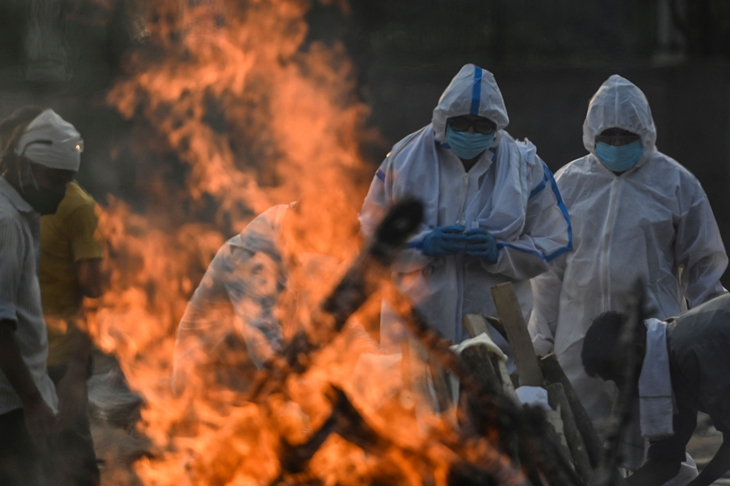
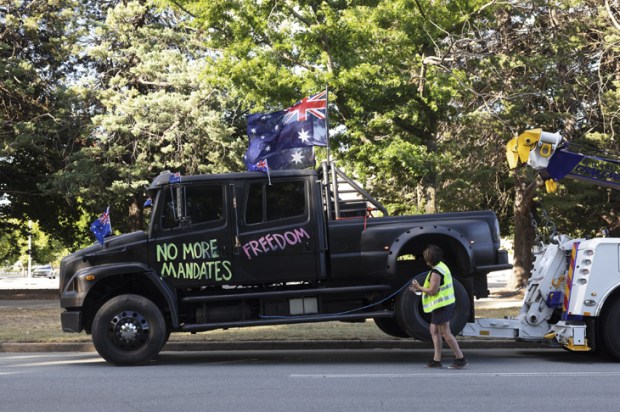
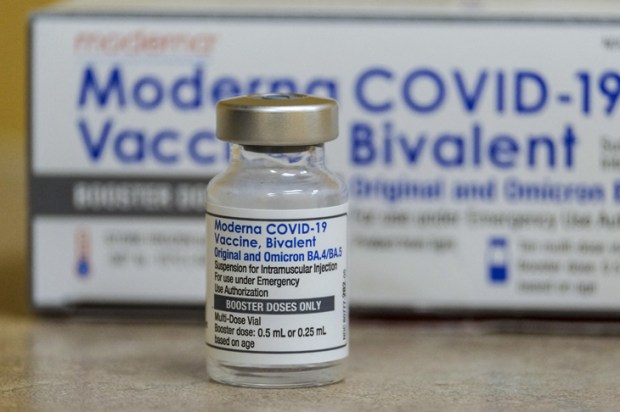
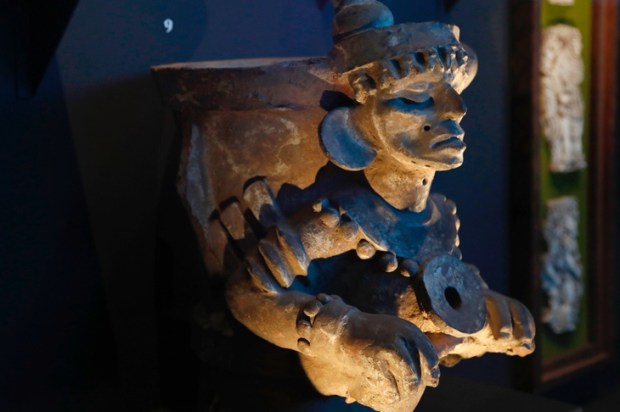
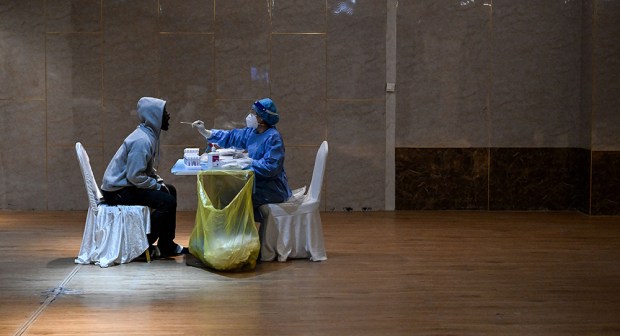
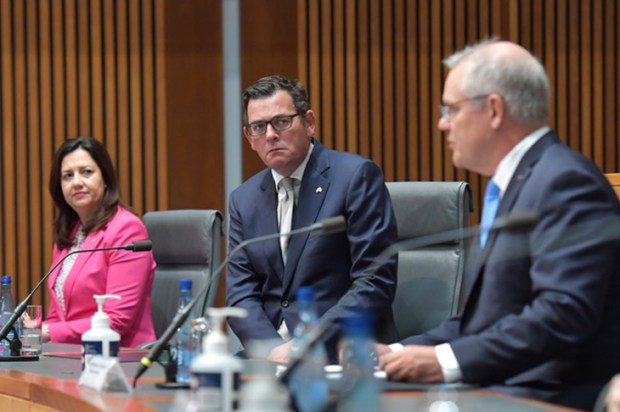
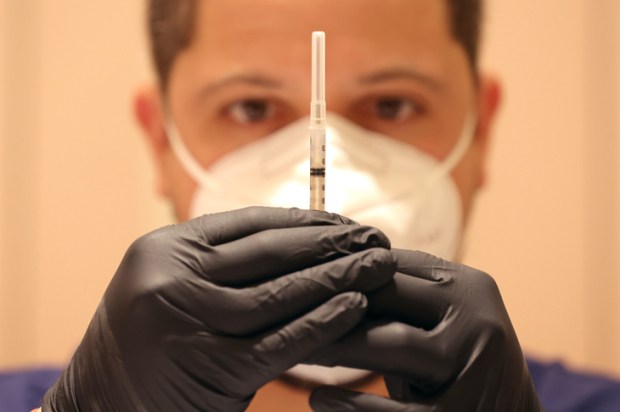






Comments
Don't miss out
Join the conversation with other Spectator Australia readers. Subscribe to leave a comment.
SUBSCRIBEAlready a subscriber? Log in